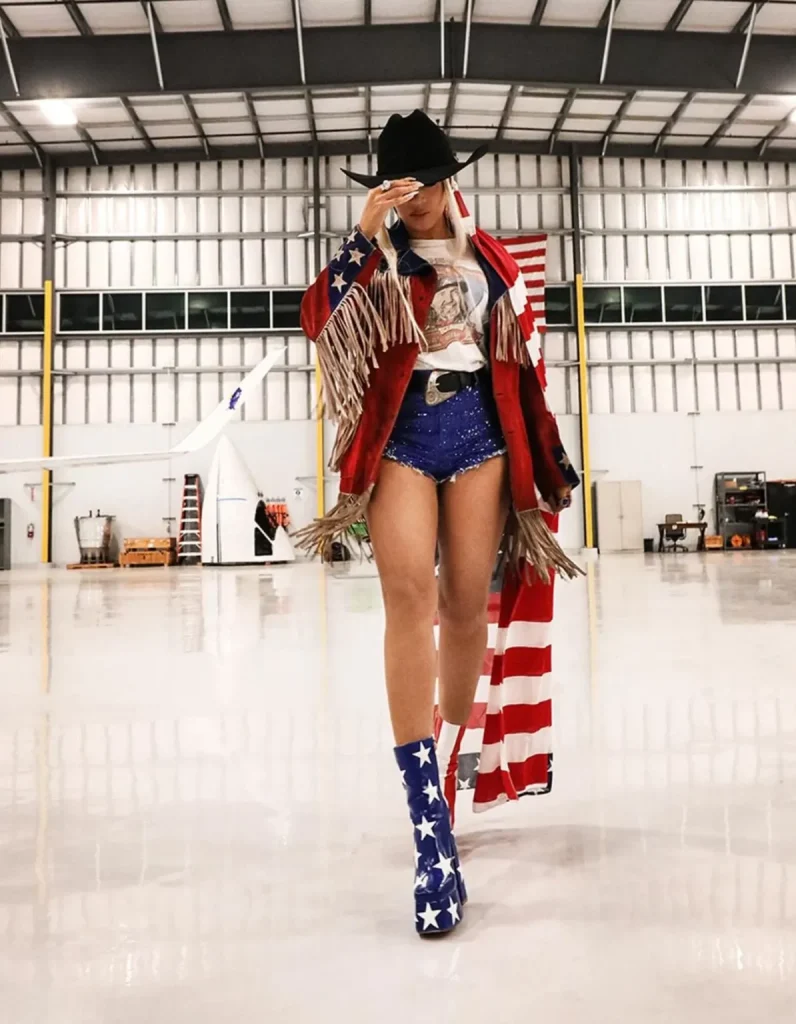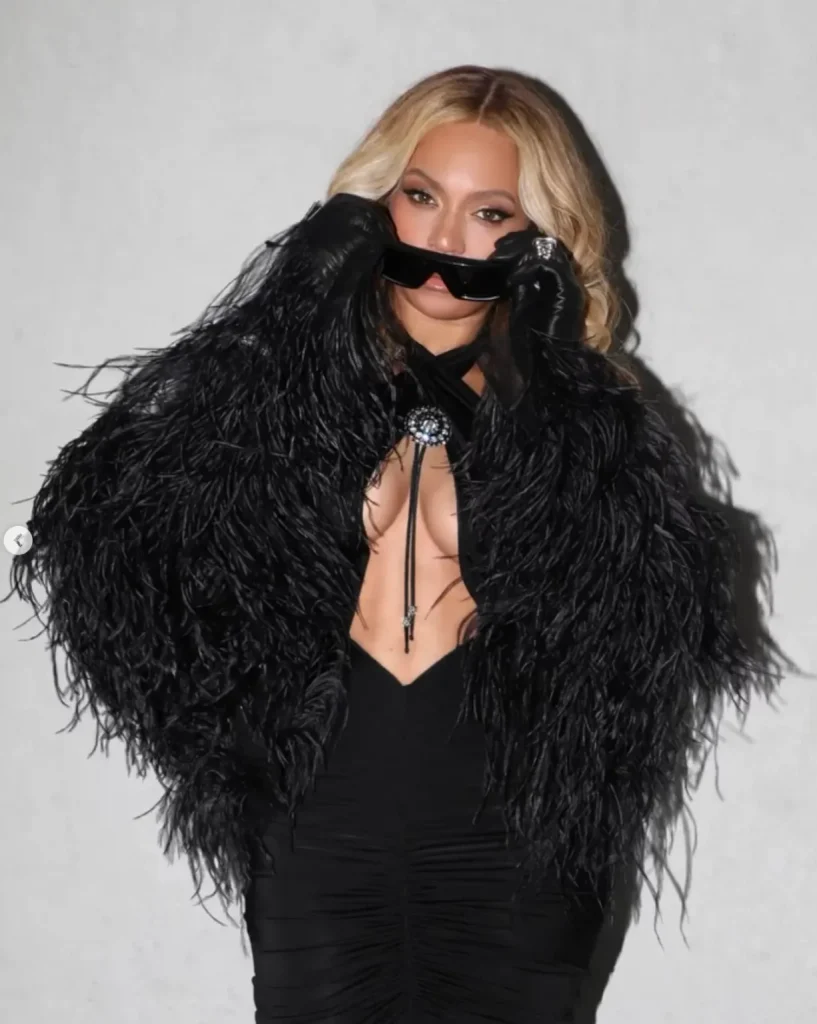Pop icon Beyoncé, who holds a record 99 Grammy nominations and is celebrated as one of the most influential musicians in history, will be the subject of a new course at Yale University next year.
The one-credit course, titled “Beyoncé Makes History: Black Radical Tradition, Culture, Theory & Politics Through Music,” will explore her career from the release of her 2013 self-titled album to this year’s genre-defying work.
The course will also examine “Cowboy Carter” and how the renowned singer, songwriter, and businesswoman has amplified awareness and engagement in social and political causes.

Daphne Brooks, a professor of African American Studies at Yale, intends to use Beyoncé’s vast body of work—including videos of her live performances—as a “portal” for exploring these themes.
The course will also encourage students to engage with the ideas of influential Black thinkers, such as Toni Morrison and Frederick Douglass.
According to Daphne Brooks, “We’re going to take seriously how the critical work and intellectual contributions of some of our greatest thinkers in American culture resonate with Beyoncé’s music.

We’ll explore how we can apply their philosophies to her work and the ways it speaks to contemporary issues.”
At times, Beyoncé’s work has clashed with elements of the “Black radical intellectual tradition,” noted Brooks. Beyoncé Giselle Knowles-Carter, better known by her stage name,
Beyoncé is not the first musician to be the focus of a college-level course. Singer-songwriter Bob Dylan has long been the subject of academic studies, with courses dedicated to his work over the years.

More recently, Taylor Swift, her music, and her cultural impact have also been the subject of seminars at various universities and institutions.
This includes legal scholars who aim to use a high-profile figure like Taylor Swift to help contextualize complex, real-world concepts, making them more accessible to a new generation of attorneys.
Similarly, educators at various universities have incorporated Beyoncé into their curricula or even developed entire courses focused on the superstar.

Beyoncé is praised for using her platform to “spectacularly elevate awareness of and engagement with grassroots social and political ideologies and movements,” amplifying important causes through her influence and artistry.
In her music, particularly through themes like the Black Lives Matter movement and Black feminist critique, Brooks believes Beyoncé stands in a class of her own.
“Can you think of any other pop musician who’s invited a range of grassroots activists to participate in these longform multimedia album projects since 2013?” Brooks asked. She also emphasized that Beyoncé has used her music to tell a powerful story about…

“Race, gender, and sexuality within the context of over 400 years of African American subjugation.” “She’s a remarkable artist because historical memory—what I often call it—and the drive to preserve that memory, are deeply embedded in her work,” Brooks said. “You just don’t see that with any other artist.”
At Princeton University, Brooks had previously taught a popular course on Black women in popular music culture, and she discovered that her students…

Her students were especially enthusiastic about the section on Beyoncé. While she hopes her Yale class will be just as popular, Brooks is intentionally keeping the class size small.

For those lucky enough to secure a spot next semester, they shouldn’t expect a live performance from Queen Bey. “It’s a shame, because if she were on tour, I’d definitely try to take the class to see her,” Brooks said.





